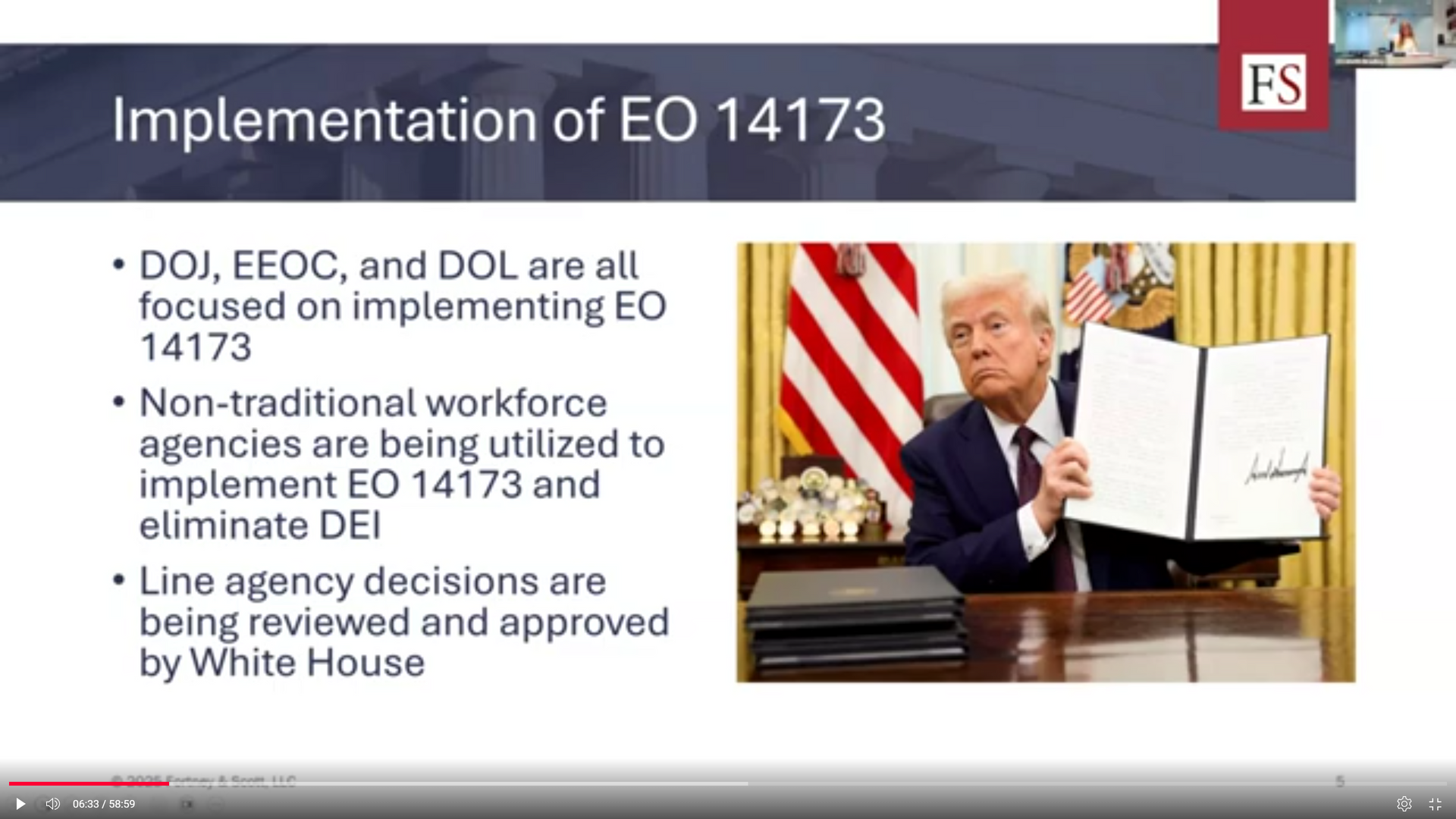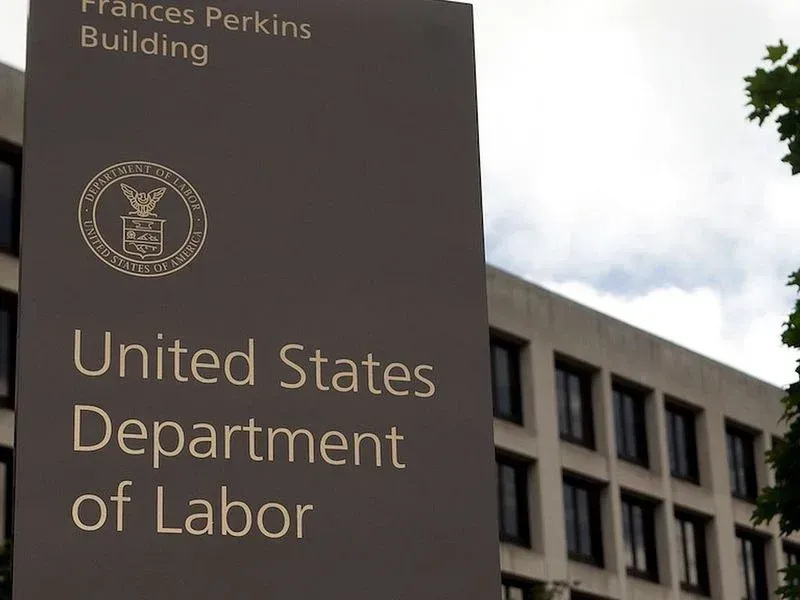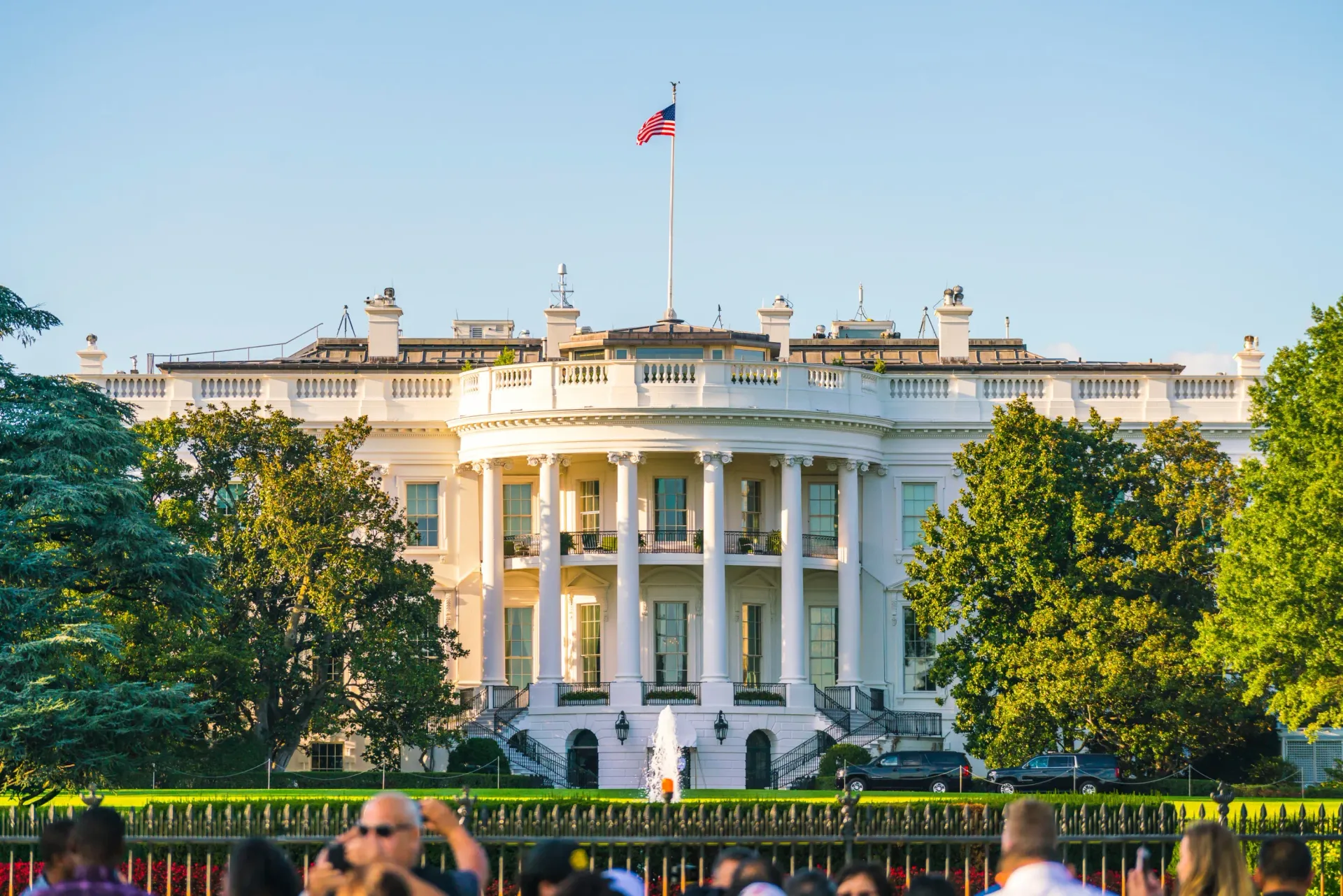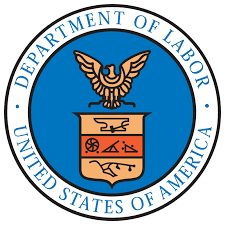DOL Issues Long-Awaited Final Rule on Overtime Regulations
On May 18, 2016, the Department of Labor (DOL) will finalize the rule implementing revisions to the overtime regulations of the Fair Labor Standards Act. The release of the rule ends months of intense speculation as to its major features-in particular, prognostication about the new “white-collar” exemption salary threshold and whether the final rule would alter the primary duty test.
According to a May 17, 2016 White House press release, the new rule will “extend overtime protections to 4.2 million more Americans who are not currently eligible under federal law, and it is expected to boost wages for workers by $12 billion over the next 10 years.”
As discussed below, notable provisions in the final rule include:
- The salary threshold is increased from $23,660 per year to $47,476 (or $913 per week);
- The salary threshold will automatically update every three years;
- The highly compensated employee exemption salary threshold is increased to $134,004;
- The final rule does not change the current primary duty test; and
- The final rule has an effective date of December 1, 2016.
White Collar Exemption Salary Threshold Increased to $47,476
The final rule doubles the current salary threshold for the so-called “white collar exemptions” (i.e., executive, administrative, professional, and computer employees) from $23,660 a year to $47,476. The threshold is pegged to the 40th percentile of full-time salaried workers in the lowest-wage Census Region, currently, the South. Even though the final figure is several thousand dollars below the $50,440 proposed by DOL last July, many employers believe the increase is far too drastic. In addition, for the first time, employers will be able to count certain bonuses and incentive payments (including commissions) toward as much as 10 percent of the salary threshold, so long as these payments are made at least quarterly. Examples of such payments include bonuses for meeting production goals, retention bonuses, and commission payments based on a fixed formula.
Salary Threshold Will Automatically Update Every Three Years
The new rule provides that the salary threshold will update automatically every three years, with the first update taking place on January 1, 2020. The administration has projected that the threshold will increase to $51,000 in 2020. The DOL will publish all updated rates in the Federal Register at least 150 days before their effective date, and also post them on the Wage and Hour Division’s website. A number of commentators have argued that this indexing feature may be vulnerable to legal challenges, so stay tuned for further developments.
Highly Compensated Employee Exemption Threshold Increased to $134,004
The salary requirement for the highly compensated employee exemption has increased by 34%, from $100,000 per year to $134,004-a figure tied to the 90th percentile of full-time salaried workers nationally. As with the white-collar salary threshold, the highly compensated employee threshold will increase every three years.
No Change to “Primary Duty” Test
Significantly, the final rule does not change the requirements of the current “primary duty” test, which allows an employee to be exempt even if she spends less than 50% of her time performing exempt duties, so long as her primary duty or duties are exempt duties. While the DOL’s proposed regulations did not offer any specific changes to the primary duty test, the Department did invite comments on whether any adjustments were necessary, fueling speculation about whether the rule would impose a strict new standard akin to the one currently in place in California.
The New Standards Become Effective on December 1, 2016
As something of a silver lining for employers, the final rule has an effective date of December 1, 2016, giving employers nearly 200 days to comply after the rule’s final publication in the Federal Register. This far exceeds the 60 days that many commentators were anticipating and gives employers significantly more time to come into compliance with the new rule. The DOL has released three technical guidance documents designed to help private employers, non-profit employers, and institutions of higher education come into compliance with the new rule.
In addition to the above, these new overtime rules will have an effect on government contracts. Government contractors should review their contracts to determine the impact these changes may have on their contract performance, direct and indirect rates, and pricing.
FortneyScott’s subject matter experts will present a complimentary webinar to discuss the details of the regulations and modes of response on May 25, 2016. To register, CLICK HERE.


















